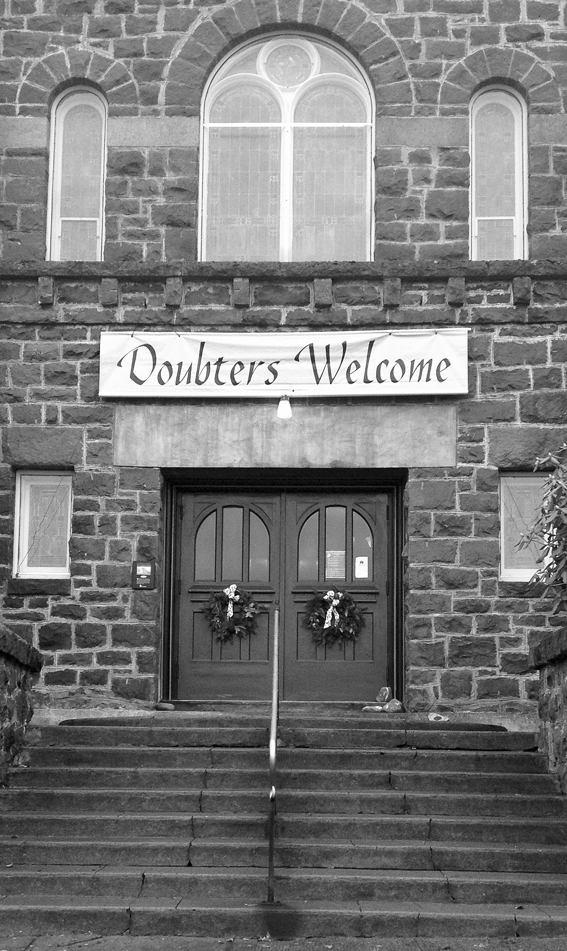A Pulitzer Prize-winner, Levine served as U.S. poet laureate from 2011- 2102, and while his death was not a surprise — he was 87 and in failing health — the greater sadness is that he represented a rapidly disappearing type of writer: the working man's poet.
Levine was an auto-worker turned writer who grew up in Detroit.
“I saw that the people that I was working with . . . were voiceless in a way,” he explained in Detroit Magazine. “In terms of the literature of the United States they weren’t being heard. Nobody was speaking for them. . . I took this foolish vow that I would speak for them and that’s what my life would be."
While many poets work in universities as professors or in literary jobs related to publishing, working class poets seem scant. And their voices, when we stumble upon them, feel fresh and real.
We stand in the rain in a long line
waiting at Ford Highland Park. For work.
You know what work is—if you’re
old enough to read this you know what
work is, although you may not do it.
Forget you. This is about waiting,
shifting from one foot to another.
Feeling the light rain falling like mist
into your hair, blurring your vision
until you think you see your own brother
ahead of you, maybe ten places.
You rub your glasses with your fingers,
and of course it’s someone else’s brother,
narrower across the shoulders than
yours but with the same sad slouch, the grin
that does not hide the stubbornness,
the sad refusal to give in to
rain, to the hours of wasted waiting,
to the knowledge that somewhere ahead
a man is waiting who will say, “No,
we’re not hiring today,” for any
reason he wants. You love your brother,
now suddenly you can hardly stand
the love flooding you for your brother,
who’s not beside you or behind or
ahead because he’s home trying to
sleep off a miserable night shift
at Cadillac so he can get up
before noon to study his German.
Works eight hours a night so he can sing
Wagner, the opera you hate most,
the worst music ever invented.
How long has it been since you told him
you loved him, held his wide shoulders,
opened your eyes wide and said those words,
and maybe kissed his cheek? You’ve never
done something so simple, so obvious,
not because you’re too young or too dumb,
not because you’re jealous or even mean
or incapable of crying in
the presence of another man, no,
just because you don’t know what work is.
- Philip Levine























